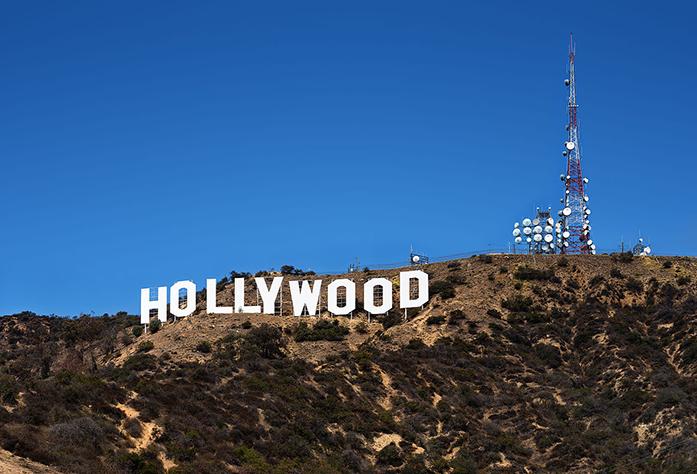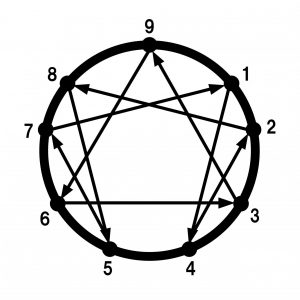Neal: Celebrity obsessions are weird and it’s time to get over them
Everyone has an obsession with a celebrity or performer of mass media, but is it detrimental to our wellbeing?
March 11, 2019
“Parasocial interaction” is a term sociologists Donald Horton and Richard Wohl coined in 1956 to explain the psychological experience between an individual and a celebrity or a well-known person with a larger following. That everlasting crush you have on Leonardo DiCaprio that began when you watched Titanic for the first time in sixth grade qualifies as a parasocial interaction. However, these parasocial relationships, which stand within a spectrum of magnitude have arguably been in existence well before the concept of media and could have a detrimental effect on our social lives. They are used against us for capital gain.
The idea of a parasocial relationship is deeply relative because the term “celebrity” and what it means to have a “large following” are subjective, and measuring a particular person’s exact cultural or societal impact is impossible. However, defining the vague term as the concept of being part of a one-sided relationship with an individual who exists as a prominent figure within a community will sufficiently serve as a starting point to further elaborate on this concept.
RELATED: Neal: Should we cancel cancel-culture?
The idea of having a slight obsession or one-sided relationship with a celebrity may seem harmless overall — most of the time, it is. Then again, people must remain aware and pay close attention to their interactions with these people, because in actuality, they are only that: people.
A parasocial interaction is what causes us to create idealized versions of others and hold them to unattainable standards. Once standards are in place and idolization occurs, it makes it incredibly easy for idols to fall under this bar. Once they do, we automatically denounce them, proving that parasocial interactions are simply black and white relationships. Conversely, in relationships in which the communication is reciprocated, it is much more difficult to “cancel” the other person, especially since contact is inevitable in a lot of scenarios. Relationships, in which communication is a two-way street, allow for more dialogue, inevitably creating an understanding — even if there lies a disagreement. Even at that, the act of cancelation never occurs, and if it does, never lasts.
Parasocial interactions may have negative effects on people because the lines can become easily blurred as to what constitutes a healthy relationship and social life. If someone was heavily exposed to relationships that only exist to themselves, their ideal components of a relationship may become skewed. The concept of being able to understand another person exists within the same boundaries of viewing a person as a naturally flawed human. Being accepting of faults within another person is essential to any relationship as it runs parallel with compromise.
RELATED: Banerjee: The Ariana Grande phenomenon
Last, the importance of awareness when it comes to being involved in a parasocial relationship is the leverage a person has over you regarding capital gain. Celebrities and popular personalities possess the power to influence others and sometimes act as a salesperson to promote a particular product or service. Celebrities take advantage of their fan bases regularly for their person capital gain because they fabricated an impenetrable facade of who they are and who their followers aspire to be.
Understanding this concept is vital to society so that consumers approach parasocial interactions with caution. Parasocial interactions are extremely common and inevitable in our culture, but being aware of our positions in these relationships is important for other people’s well-being and for our own. If our understanding of where we lie is misconstrued, it could have an excessive strain on our social life and even our pockets.






